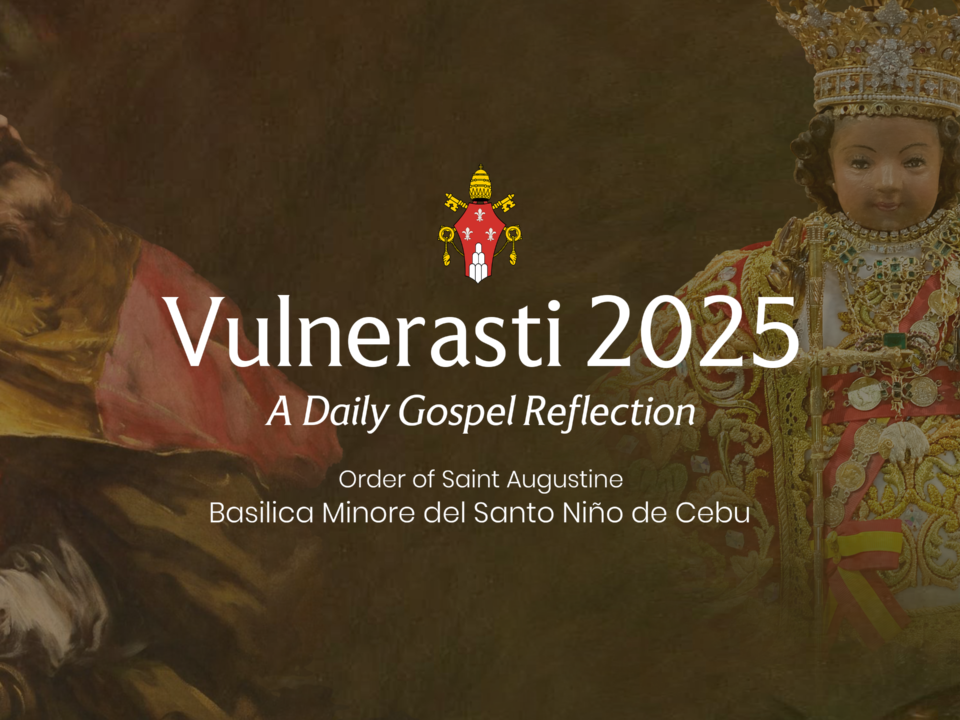Wednesday of the Nineteenth Week in Ordinary Time

Today’s Reflection
Gospel: Matthew 18: 15-20
August 13, 2025 | Wednesday
Today’s Gospel
If your brother has sinned against you, go and point out the fault to him, when the two of you are alone; and if he listens to you, you have won back your brother. If he doesn’t listen to you, take with you one or two others, so that the case may be decided by the evidence of two or three witnesses. And if he refuses to listen to them, tell it to the assembled Church. But if he does not listen to the Church, then regard him as a pagan, or a tax collector.
I say to you: whatever you bind on earth, heaven will keep bound; and whatever you unbind on earth, heaven will keep unbound.
In like manner, I say to you, if, on earth, two of you agree in asking for anything, it will be granted to you by my heavenly Father; for where two or three are gathered in my name, I am there, among them.”
Today’s Reflection
This is a sad episode for Moses, who died with his heart longing to occupy the promised land. Whether the prohibition is because we do not know, except that he failed in faith by striking the water at Meribah, or because of other failures of his faith, we do not know. He was allowed, however, to see by the Lord at the peak of Pisgah. But he was not allowed to cross. Other interpretations are conjectural and not recorded besides this passage. The mention of the details of the death of Moses shows that this chapter was not written by Moses. Where he was buried, we do not know. The final redactor of this chapter recapitulates Moses’ role in the history of salvation and the history of the people of Israel. The only man “who knew the Lord face to face” is a unique accolade given to the man responsible for shaping the people of Israel.
Matthew knows the depths of human nature and its conglomeration. Even for brothers and sisters, or even among the extended family or community members, the reality of conflicts and reconciliation is unavoidable. Perhaps it is due to the disagreements and misunderstandings among the different early Christian communities that he recalls Jesus’ discourse on fraternal correction. The reality of disagreements and conflicts is apparent, but what is important is that we sort out our differences and misunderstandings. Matthew has given us the process of doing so. Augustine also often quoted the passage as saying that it becomes an integral part of religious life and has practical implications even in settling disputes among the members of ecclesial or societal structures. Matthew is harsher in this passage in terms of treating the other person who refuses forgiveness and reconciliation in both ways. This might be supplemented in another passage where Jesus reminds us “to forgive seventy times seven times,” which means that we do not stop to initiate reconciliation with our brothers and sisters. Jesus promises to be with his flock and is present always in the midst of a praying community. It is, therefore, to be understood that any attempt to arbitrate disputes, disagreements, and conflicts and their initiative for reconciliation is based on the presence of Christ. This presumption, the presence of God in their midst, is within Judaism itself. It is safe to assume Christ’s presence through the Paraclete, “for I will not leave you orphans” within the Christian community.
/Vulnerasti, 2025



